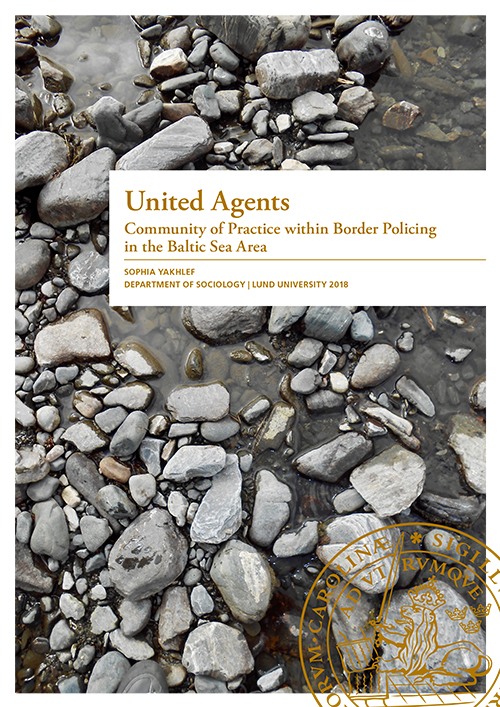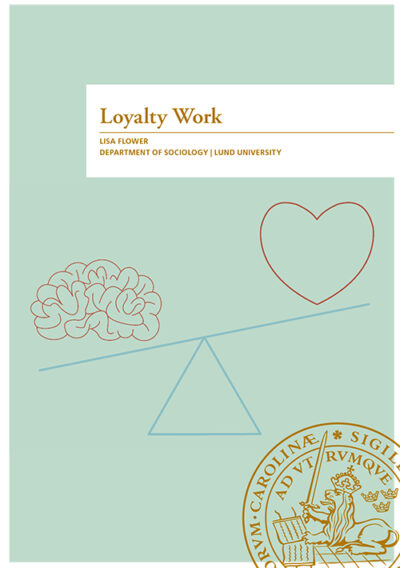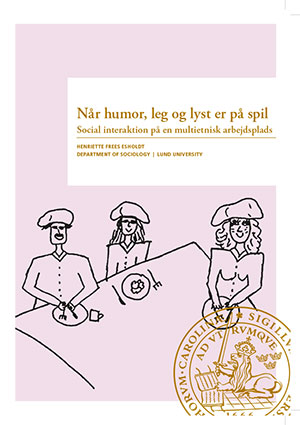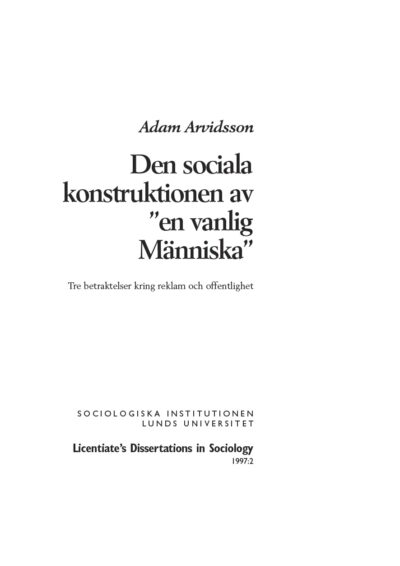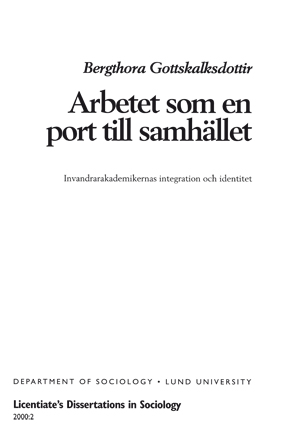United Agents
Community of Practice within Border Policing in the Baltic Sea Area
Sophia Yakhlef
224 kr
Beskrivning
This study focuses on a border police collaboration project called Turnstone. The purpose of the project was to prevent and fight transnational crime in the Baltic Sea area and increase collaboration between border intelligence officers. Participants in the project included police, coast guard, and border police officers from Estonia, Finland, Latvia, Lithuania and Sweden.
Based on observations and interviews, and taking a community of practice perspective, the study illustrates the significance of informal processes and practices for creating a trust-based context conducive to the exchange of sensitive information and the generation of new practices. Face-to-face interactions (involving among other things joking and sharing stories), negotiations, and engaging in everyday activities have proved to be instrumental in creating a collaborative climate.
Ytterligare information
| Vikt | 513 g |
|---|---|
| Storlek | 14 × 169 × 239 mm |
| Språk | Engelska |
| Antal sidor | 230 |
| Publikationsår | 2018 |
| Bandtyp | Häftad |
| ISBN | 978-91-7753-806-6 |
| ISSN | 1102-4712 |
| Volym | 119 |

